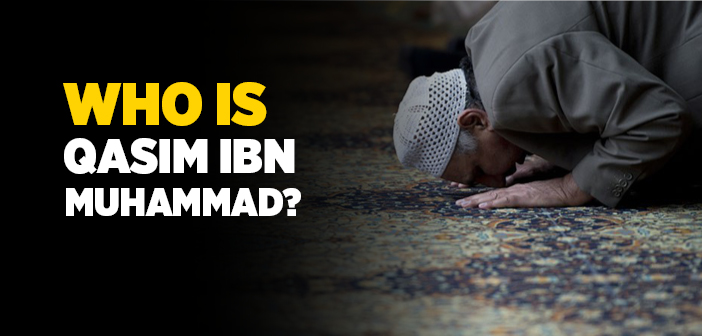Who is Khwaja Muhammad Imkenegi? What kind of person Khwaja Muhammad Imkenegi? When did Khwaja Muhammad Imkenegi live?
Khwaja Muhammad Imkenegi [1512 – 1600]
The son of Dervish Muhammad, Khwaja Muhammad Imkenegi (may Allah have mercy on them both) was born in the hijri year 918. As a young man, he pursued his studies in the madrasahs of Samarkand and Bukhara and at the same time he was trained in tasawwuf by his father[1]. When his father passed away, he began to guide the people as the successor of his father.
According to narrations, one night the ruler of Shaybani, Abdullah Han (1583-1598) saw in his dream that he went to the palace of the prophet Muhammad (peace and blessings be upon him). There was an honourable man standing at the door who was presenting the case of the people who entered from time to time to the prophet and he was bringing back news from him. A little while later, he brought the sword sent by the Messenger of Allah (peace and blessings be upon him) and tied it around the waist of Abdullah Han. When he awoke Abdullah Han began a search for this man that he saw in his dream and finally realised it was Khwajagi Imkenegi. He paid him great honour and respect and began to visit him frequently[2].
Khwajagi spent a period of his life in Samarkand guiding the people and giving his talks on tasawwuf in the masjid. He would serve the people and despite his old age he would personally occupy himself with their meals. He gave great importance to acting with azimah and was extremely sensitive about abiding by the commands of the religion.
One day in one of his assemblies, one of his disciples asked for permission to read certain literary works. He said:
“Every day in our assemblies, we read from the book of hadith called Mishkatu al-Masabih. Without a doubt, it is much better to mention the words of the Messenger of Allah (peace and blessings be upon him) than the words of others”[3].
Khwajagi Imkenegi (may Allah have mercy on him) passed away at the age of 90 in the hijri year 1008 (1600AD). He was buried in the village of Imkene, in the town of Kitab in Uzbekistan[4].
[1]. Muhamma Murad Kazani, Nafaisu al Sanihat, p. 7.
[2]. See Badraddin Sirhindi, Hazarat al Quds, I, vr. 202b-203b; Muhammad Hasan, Khalat-i Mashaih-i Naqshibandiyya, p. 129; Muhammad Nurbahsh, Tadhkira, p. 161-2.
[3]. Kishmi, Nasamat al Quds, p. 325.
[4]. Muhammad Fazlullah, Umdat al Makamat, p. 83; Lahuri, Hazinat al Asfiya, I, 605.
Source: Osman Nuri Topbaş,The Golden Chain of Transmission Masters of the Naqshinandi Way, Erkam Publications





